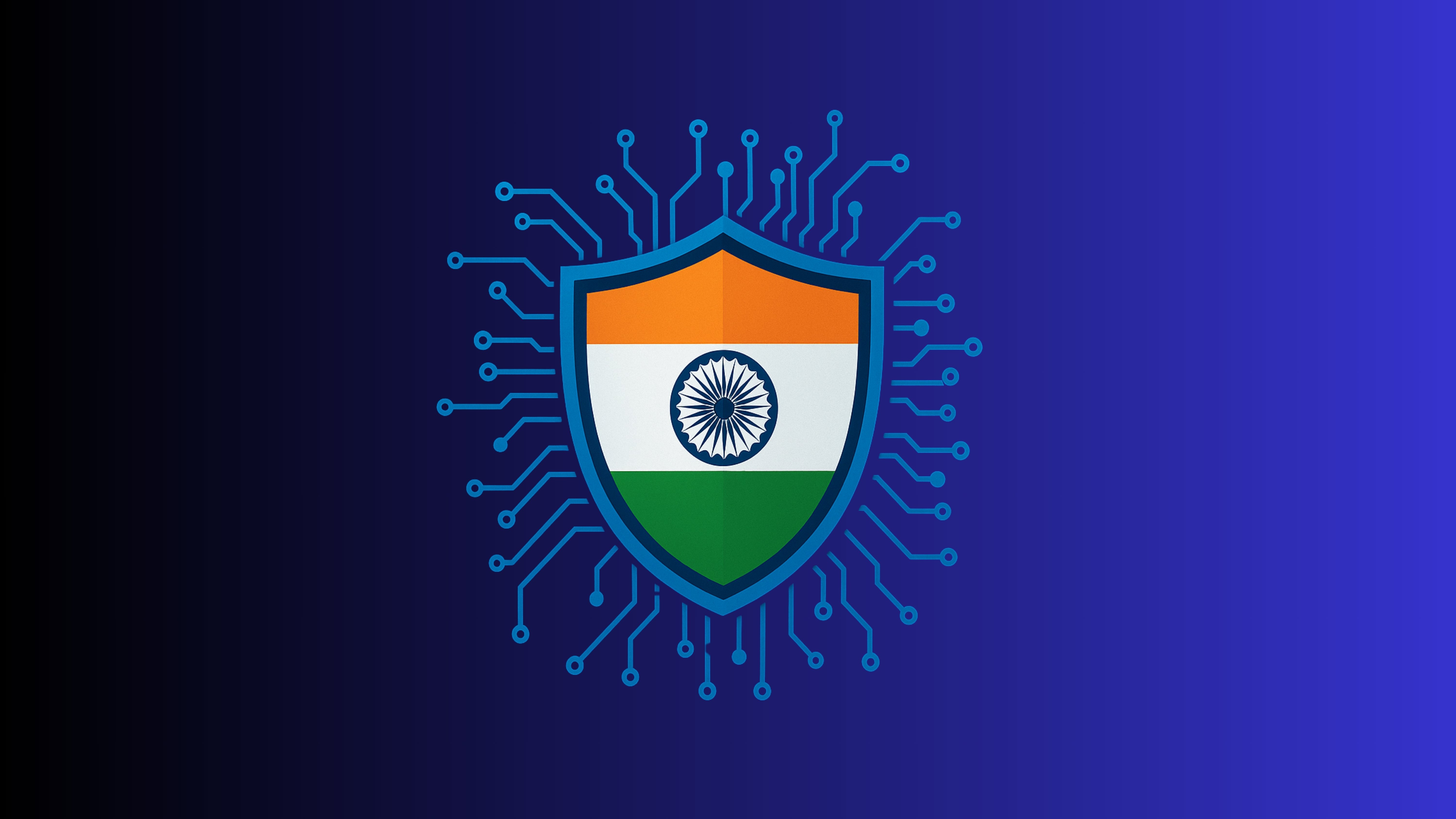Regulators worldwide are being urged to adopt stronger oversight frameworks for AI in capital markets after an IMF technical note warned that rapid AI adoption could reshape securities trading while increasing systemic risk.
AI brings major efficiency gains in asset management and high-frequency trading instead of slower, human-led processes, yet opacity, market volatility, cyber threats and model concentration remain significant concerns.
The IMF warns that AI could create powerful data oligopolies where only a few firms can train the strongest models, while autonomous trading agents may unintentionally collude by widening spreads without explicit coordination.
Retail investors also face rising exposure to AI washing, where financial firms exaggerate or misrepresent AI capability, making transparency, accountability and human-in-the-loop review essential safeguards.
The note highlights India as a key case study, given the dominance of algorithmic trading and SEBI’s early reporting requirements for AI and machine learning. The IMF also points to the National Stock Exchange’s use of AI in fraud detection as an emerging-market model for resilient monitoring infrastructure.
The report underlines the need for regulators to prepare for AI-driven market shocks, strengthen governance obligations on regulated entities and build specialist teams capable of understanding model risk instead of reacting only after misconduct or misinformation harms investors.
Would you like to learn more about AI, tech and digital diplomacy? If so, ask our Diplo chatbot!










